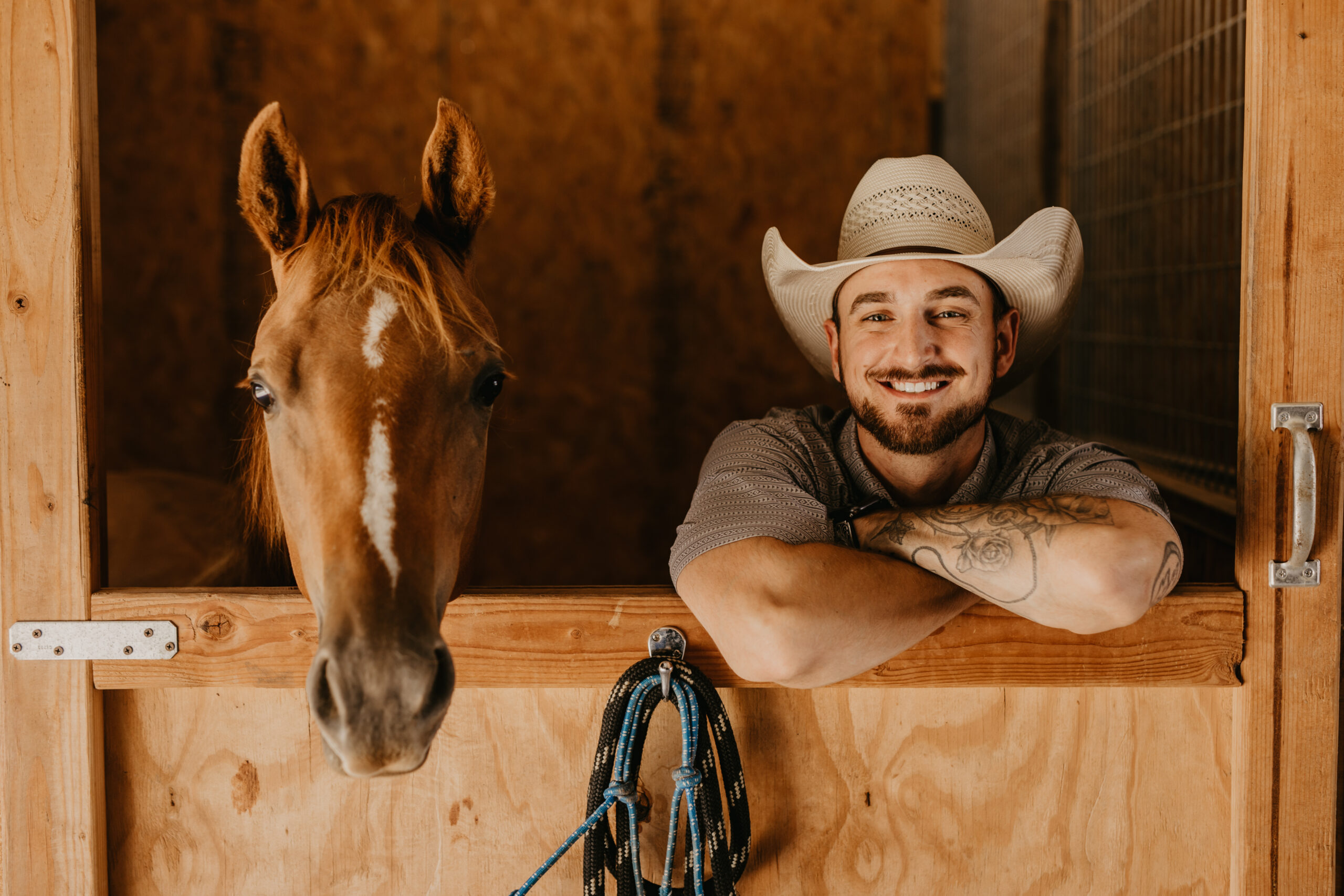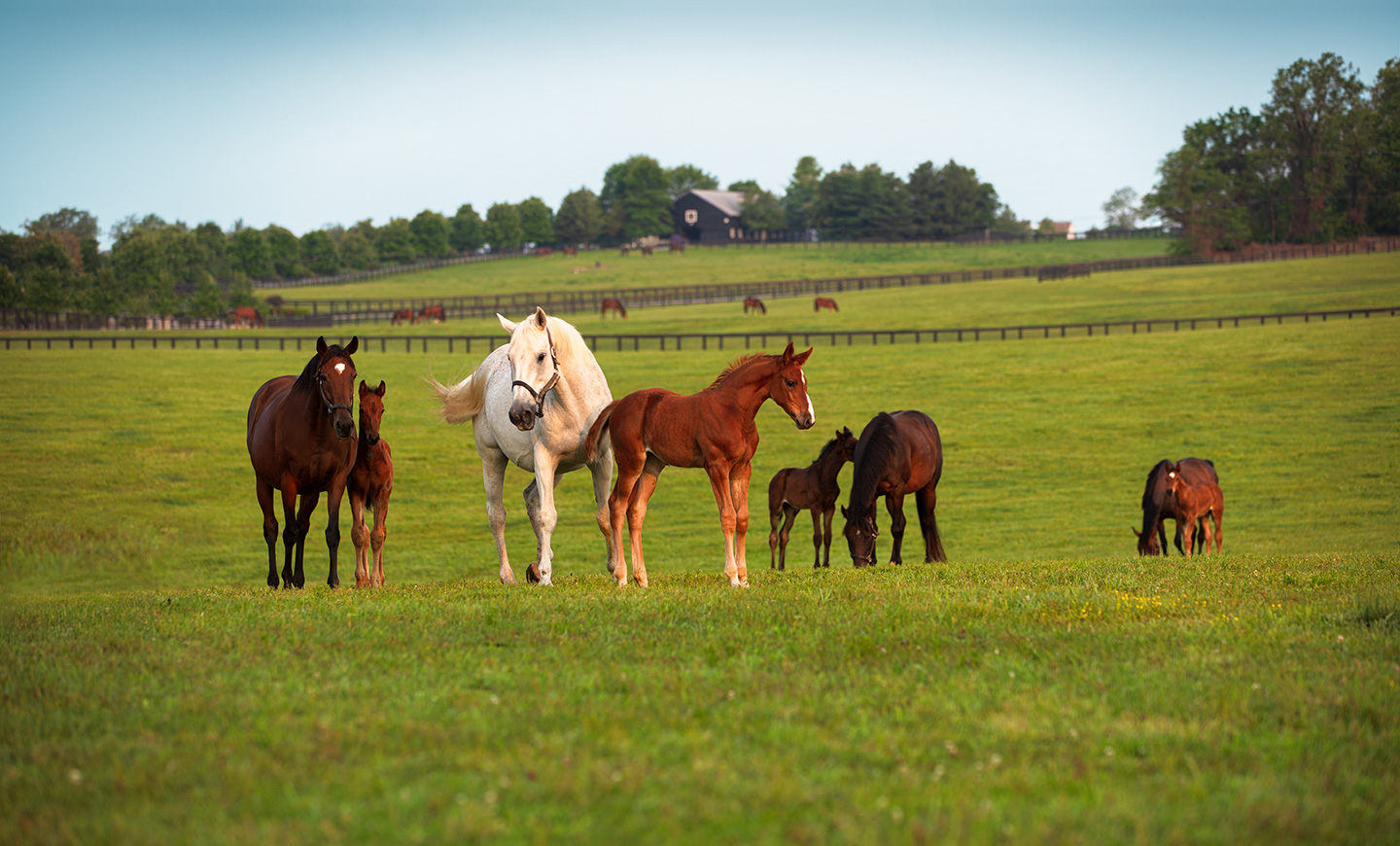
GM, partner. This is The Oxer. The newsletter that takes you out of your tack room and into the global equestrian industry.
🐴 Here’s what we’ve got for you today:
-
Changing eligibility requirements for foreigners: USEF to make foreigners register as USEF athletes.
-
Combatting wormer resistance: An industry group in Britain is leading the charge on it.
-
Final Foals: Check them at the bottom of every edition, including this one.
What happened?!
-
Foreign participants now have to register as members of the USEF if they want to participate in USEF national competitions.
-
Before they just had to be “in good standing with their own National Federation.”
-
SafeSport Training must be taken if they are 18 years or older.
-
These changes were partially made to make an environment “free of abuse”.
Our jump on the subject
The USEF requiring foreigners to become full members of the Federation, even if they’re number one in their home country’s federation, means that they’ll have more control over their own rules.
There isn’t much information on the reasoning for the policy change, but one may guess that the USEF wants competitors to be SafeSport eligible and to have everyone follow the Federation’s abuse prevention standards.
It’s easy to assume that this is an effort by the USEF to increase membership and thus increase their revenue. But considering how little of their member base is considered ‘international riders’, the revenue made from this would be minimal, so it isn’t an attempt to earn from foreign competitors.
Further, foreign competitors do not have to secure a USEF membership if they are competing in FEI classes only, which is a further testament to the goal not being profit.
This won’t take effect until September 1st (one of The Oxer team members’ birthdays!) this year so if you’re affected by this, you still have time to join the USEF as a competing member.
What happened?!
-
CANTER (Controlling ANTiparasitic resistance in Equines Responsibly), a new pan-industry effort, was made to combat the increasing threat of wormer resistance in the equestrian industry.
-
The group is doing this by gathering important figures (think politicians, pharmaceutical companies, scientists, etc) to collaborate on preventing wormer resistance.
-
Wormers are commonly given to horses in the UK. Approximately 1.13 million doses were given to horses owned by Brits last year.
Our jump on the subject
Wormers have been used for years by equestrians to control intestinal parasites in their beloved breeds. The point of them is to treat horses, or even prevent them, from developing problems such as tapeworm.
However, there are dangerous consequences to using wormer medicines if not used properly. As said in Spider-Man, “with great power comes great responsibility.”
The emerging problem is that resistance to these wormers is growing, so now wormers are working less which means that horses are at greater risk of having worm issues.
One reason why the problem may be growing is due to uninformed worming, such as the tactic of “blanket worming”. Blanket worming is “using the same wormer or rotating products every 6-8 weeks for all horses, without necessarily knowing which parasite you are targeting or why.”
Because of the way resistance development works, such tactics of worming may develop resistance to wormers, which defeats the purpose of having them in the first place.
There’s still little awareness according to recent data (ahem, why we chose to report this story).
Check out this quote below as an example:
Recent research carried out by the British Equine Vetinary Associatiom (BEVA) suggests that UK horse owners give approximately 1.13 million doses of wormer annually but carry out only around 120,000 faecal egg counts. That’s just one test for every 11 wormers sold! Multiple surveys show just 10% of owners are testing and treating appropriately.
Equestrian Trade News, August 2022
The article where that quote comes from gives us additional information on some of the steps achieved at the time—only half a year ago—before CANTER was publically announced. Some of those steps included government interaction and media reporting.
The creation of CANTER has been a long time coming for the equestrian industry, and it appears that it’s for the better of humans, horses, and the environment.
If you’re a horse owner and are looking to understand your horse’s risk to parasites, check out CANTER’s Parasite Risk Table.
It may seem like this is a British problem but like all biological challenges, it can jump across the pond to the U.S. very quickly if it isn’t already there.
American equestrian folks are large importers of horses, in doing so worms may be brought to its shores. In 2021 alone, it was estimated that the U.S. imported almost $700 billion worth of horses.
If problems like this are left unchecked, it doesn’t take long for it to directly affect businesses and livelihoods as horses that are now considered assets quickly become liabilities.
As we reported in last week’s edition of The Oxer, solving a problem requires being aware of it first—which Britain seems to be.
🐴 Also, Don’t Miss These Final Foals
☘️ Movement for Good, a charity promoting the welfare of horses, is up for a £5,000 ($6,233.80) grant. You can help them win it by nominating them for the Benefact Group’s Animals & Wildlife Special Draw.
🌵 A survey on sustainability in the equestrian industry, hosted by the British Equestrian Federation, had just closed a few days ago. We’re eager to see what the results of it will be.
🟰 A survey on gender perceptions in the equestrian space is here for a few more days. Fill it out before it’s too late!
Take your time to digest these stories and let us know what you think by replying.
Trotting off for now,
The Oxer











